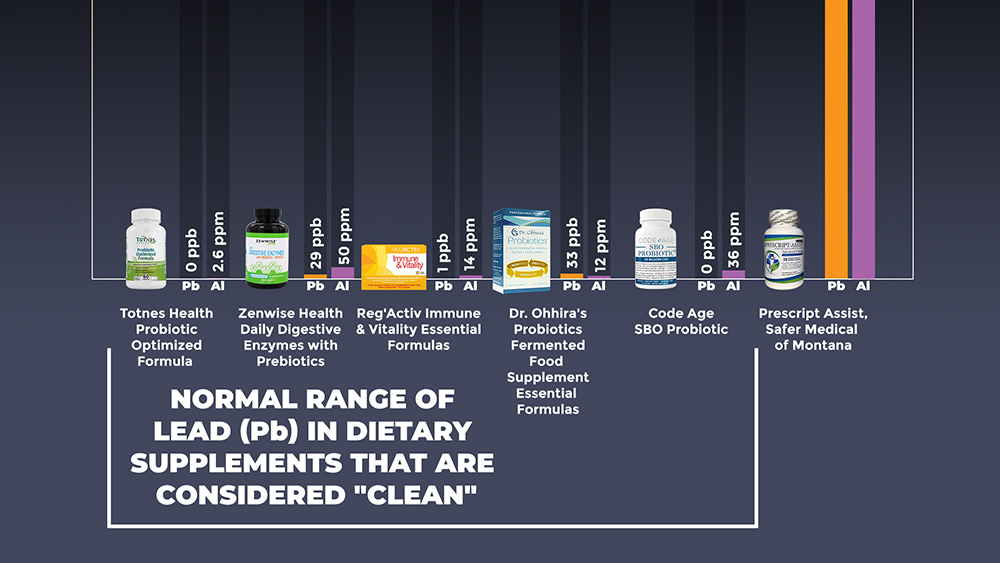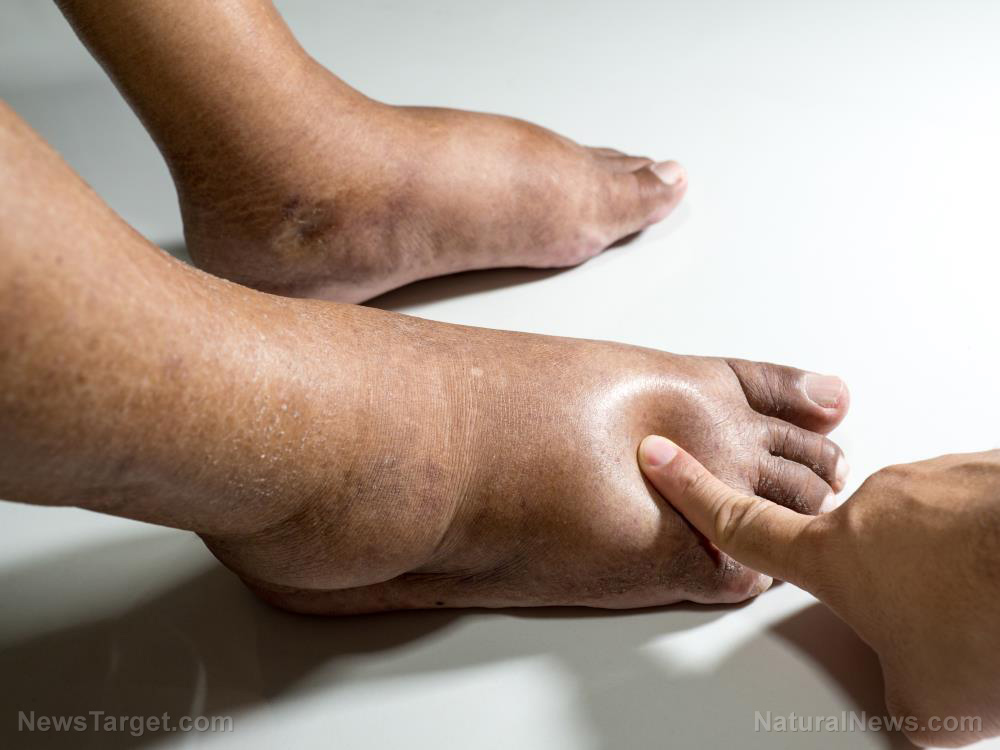Heart attack rates are increasing among those under 40, according to disturbing new study
08/04/2019 / By Tracey Watson

Heart attack and stroke are often thought of as conditions associated with old age. However, while statistics indicate that heart attack numbers in older people are decreasing, these figures are actually increasing at an alarming rate in younger people.
As reported by Everyday Health, research discussed at the American College of Cardiology’s Annual Scientific Session, held in March of this year, revealed that heart attacks in adults under the age of 40 rose by an average of 2 percent each year between 2006 and 2016.
This is shocking, considering the fact that the vast majority of heart attacks can be avoided.
‘Moving in the wrong direction’
Experts stress that though some people are predisposed to certain heart conditions, the average person would never have to face a heart attack if they made the right lifestyle choices. This is especially true of younger people.
For this reason, medical experts are gravely concerned by the pattern of increased heart attacks in young patients.
“It used to be incredibly rare to see anyone under age 40 come in with a heart attack,” noted Dr. Ron Blankstein, the study’s lead author, who works as a preventive cardiologist at Brigham and Women’s Hospital and is also an associate professor at Harvard Medical School. “Based on what we are seeing, it seems that we are moving in the wrong direction.”
For their analysis, the researchers reviewed data obtained from 2,000 heart attack survivors under the age of 50.
Everyday Health reported:
Patient angiograms (X-rays of blood vessels) revealed that the younger heart patients were more likely to have damage in only one vessel, suggesting that the disease was still early and confined.

|
Discover how to prevent and reverse heart disease (and other cardio related events) with this free ebook: Written by popular Natural News writer Vicki Batt, this book includes everything you need to know about preventing heart disease, reversing hypertension, and nurturing your cardiac health without medication. Learn More. |
Still, the study found that the younger group of patients had a similar number of negative health outcomes as the older group. These included dying from another heart attack or stroke or any other reason.
The very young group also had more incidents of spontaneous coronary artery dissection (a tear in the vessel wall). This is a rare condition that tends to be more common in women, especially during pregnancy.
Blankstein expressed concerns that physicians may not be treating younger patients as aggressively as older ones because they perceive them to be at lower risk.
He also noted that young people themselves tend to ignore warning signs because they, too, believe that their risk of heart attack is low.
“For the most part, these are not heart attacks that are happening out of the blue,” he said. “They are happening in people who have underlying risk factors but sometimes don’t appreciate that they are at risk because they are young and think they may be invincible.”
Heart attacks can almost always be avoided
The vast majority of heart attacks are totally preventable through simple lifestyle choices. These include regular moderate exercise; eating a healthy diet rich in fresh, unprocessed foods; moderate alcohol intake; maintaining a healthy weight; and avoiding heart-destroying substances like cigarettes and drugs.
Smoking is definitely one of the key risk factors when it comes to heart attacks in younger patients. In fact, around 50 percent of all study participants who experienced a heart attack were smokers. And younger people should be aware that e-cigarettes carry similar risks.
Another contributing factor to heart attack risk is diabetes, with around 20 percent of young heart attack patients being diabetics. Of course, obesity elevates risk of developing diabetes in the first place.
We live in an increasingly hectic world, loaded with stressors. However, making the right lifestyle choices and focusing on reducing stress can make a real difference to quality of life and to reducing the risk of serious and life-threatening conditions like heart attack. Learn more at Medicine.news.
Sources include:
Tagged Under: exercise, healthy food, heart attack, heart attack prevention, heart attacks, heart health, lifestyle choices, research, young patients


















